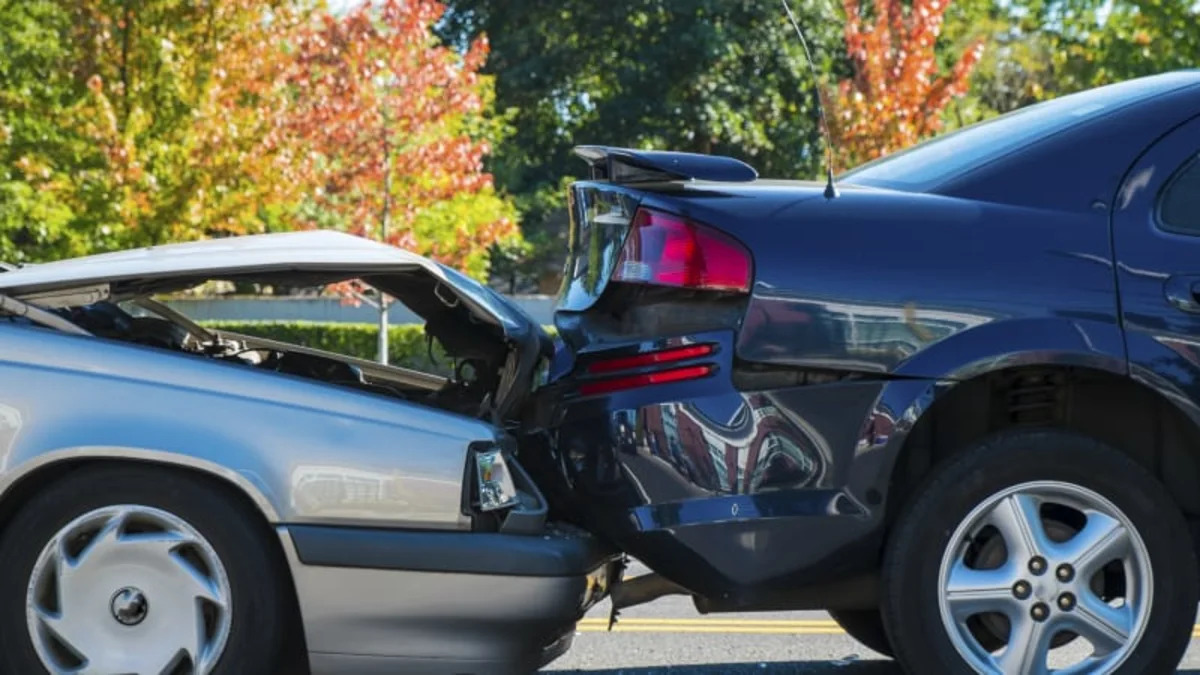Reaching a settlement for your car accident can save you the time and expense of a trial, and put money in your pocket faster. Often, insurance companies recognize that settlements save them time and money as well, and won't make low offers as long as you've provided them with enough evidence to back up your claims. If you don't, however, carefully examine the settlement offer - or consult an attorney to assist - you could find yourself getting the short end of the settlement stick.
State laws vary
Traffic and liability laws vary among all 50 states, so what might be true in New York may not apply in California or Florida. For example, in some states you can get extra damages, known as punitive damages, if the other driver's conduct was particularly egregious. One example: if the driver intended to hit you rather than accidentally hitting you. In other states, however, you cannot receive punitive damages regardless of how bad the other driver's actions were.
Determining fault
Even in seemingly simple cases determining fault isn't always straightforward. If you don't know what to look for, you could incorrectly assume how fault is determined or miss out on potential defendants. For example, if you were rear-ended and it turns out the car that hit you was recently negligently repaired, the repair facility could also be liable, which would be very important if the driver's insurance wasn't large enough to cover all of your damages.
Additional damages
After an accident, the physical damage to your car, yourself, and your passengers can be the easiest to identify. However, if your settlement only includes the repair bill from the body shop and the current hospital bill, you might be missing out on a portion of what you could be entitled to receive. You can also receive compensation for any items damaged in your car, such as a laptop that was broken as a result of the crash, the cost of renting a car while yours is being repaired, or other costs of your injuries, like lost wages or physical pain. In addition, the extent of some injuries might not be known for weeks, months or even years; rushing to sign a settlement prematurely can cost you.
Expenses you don't pay out-of-pocket for
If you have health insurance you might not have to pay a penny out-of-pocket for your medical bills. Similarly, if you have paid leave at work you might not see an impact on your paychecks while you're recovering. However, that doesn't mean you're not entitled to damages. A health insurance policy might require that you repay any medical expenses from your settlement proceeds, so if you have $50,000 in medical bills that are covered by your insurance and you only receive a $20,000 settlement, that check could end up going straight to your insurance company. Or, if you used your paid leave you could still be entitled to lost wages for that period of time because you now have less leave to use later on, even though your bank account wasn't directly impacted.
Final typically means final
Before you sign, remember that a final settlement is usually final; you can't go back weeks or months later if you determine you should have gotten more. If you were intentionally misled by an insurance adjuster, it's possible you could have grounds for overturning the settlement, but it's hard to prove.
Sources


Sign in to post
Please sign in to leave a comment.
Continue